
"This is our last and decisive battle..." With this mindset, Latvian politicians entered the fight against bureaucracy.
"Well, this time we definitely won't stray from the path!" they repeated like a mantra. This song was taken up by officials who, by definition, are supposed to obey the Prime Minister and her instructions. After all, reducing bureaucracy was part of the government restart announced by Evika Silina back in February.
Will Bureaucrats Defeat Bureaucracy?
Let us remind you that the fight against bureaucracy was ultimately entrusted to... the bureaucrats themselves, albeit with the corresponding working group diluted by representatives from the non-governmental sector. Credit should be given to the leaders of the employers' confederation and the chamber of commerce — they were very firm, and as a result, officials did not even attempt, as per the long-standing tradition, to delay the working group's activities and drown it in endless approvals. However, the representatives of the business community, being realists, set themselves goals that could be achieved in the current situation. Namely: to propose a minimal package of measures to combat bureaucracy — that is, those ideas that could be implemented quite quickly.
In the end, let us recall, the working group prepared and sent 21 priority proposals to the government aimed at reducing bureaucracy. To be honest, most of what the working group proposed could have been implemented by the ministries a long time ago.
Well, who prevented officials, considering technological advancements, from producing and sending fewer paper letters, replacing all of this with emails?! Why didn't the government think to offer residents the opportunity to register their bank account number simultaneously when registering their official email — so that the government could automatically transfer the benefits or other state payments due to that specific resident to this account?! It's simple — if a person is entitled to benefits, then the relevant government institution, without any requests or applications from that person, automatically starts paying them.
Without the experts' hints, officials could have figured out that to simplify the process of refunding overpaid taxes, residents could immediately submit receipts for medical services and for tuition or sports activities electronically to the State Revenue Service (SRS).
Among the proposals from the working group are the abandonment of control over minor construction works (for example, insulating a small house), and the refusal of various certificates and the duplication of requested information — for instance, if entrepreneurs have already submitted all data to the SRS, they should not have to provide the same data to the Central Statistical Bureau.
There Is Progress, But Minimal
To be fair, some of these proposals have already been implemented in regulations, including in the construction sector, while another part has been formalized as draft laws and is also actively being considered by the parliament. At the initiative of the working group, a reform of the very cumbersome, bureaucratized system of state and municipal procurement has also begun.
The ministries have also "started to hustle," as they began to simplify certain administrative procedures alongside the working group. For instance, at the initiative of the Ministry of Justice, the process for entrepreneurs to increase their share capital and the process for liquidating capital companies has been eased. The State Revenue Service is "liberating" itself from repressive functions and will work more as a service agency in the future. Let us remind you: the tax and customs police will separate from the SRS and come under the direct supervision of the Minister of the Interior starting January 1 of next year...
Therefore, one cannot claim that nothing has been done and that bureaucracy is completely invincible and immune.
To Be Continued?
However, it is evident that the further fight against bureaucracy has stalled. That is, the active activities of the working group ceased after the submission of these priority proposals to the government, which happened back in late April!
At a recent meeting of the Saeima's commission on public administration and local government affairs, where the interim results of the fight against bureaucracy were discussed, the country's chief official — the head of the State Chancellery, Raivis Kronbergs, openly admitted that... public administration has exhausted its ideas and imagination on how to further reduce bureaucracy and needs an outside perspective. This means attracting some kind of leader — for example, from among entrepreneurs, who can look at the administrative apparatus and bureaucratic procedures with an unclouded view and propose additional measures to reduce administrative barriers. In Mr. Kronbergs' opinion, such a leader in the fight against bureaucracy should work on a voluntary basis. In other words — for free.
Who Will Volunteer?
According to unofficial information, the main candidate for this high position of unpaid work is the head of the chamber of commerce, Janis Endzins. The commission's deputies generally agreed with this approach.
"I don't want to use the word 'tsar', but this is a leader. He should not be a politician, neither former nor current. He should not come from the bureaucratic caste because bureaucrats themselves cannot fight bureaucracy; they should be from entrepreneurs or scientists," stated the chairman of the Saeima's commission on public administration and local governments, Oleg Burov.
However, as of yet, no official proposal has been made to Endzins. But it seems that such a proposal will come in the coming weeks, and perhaps then the fight against bureaucracy will continue.
Awaiting Real Reductions
Many observers and experts lament that the fight against bureaucracy is detached from... reducing bureaucrats. In other words, the working group merely proposed reducing or eliminating certain administrative procedures, but "did not touch" either the jobs of officials or the structures of public administration itself. This, in the Prime Minister's opinion, are two different processes.
Does this mean that the reduction of bureaucrats themselves will not happen? Minor reductions have already occurred in several ministries and will still occur after the gradual merging of certain state enterprises under the ministries.
However, more significant reductions and reforms in public administration are unlikely to happen this year and next — an election year. First, an audit in public administration will begin, which may stretch until the end of next year. So, if we are to expect such reforms, it will not be before 2027.


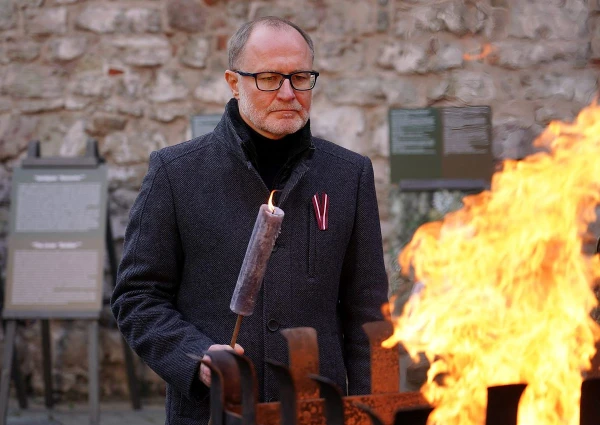
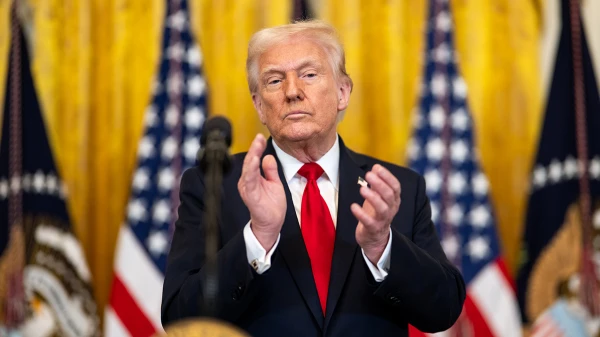
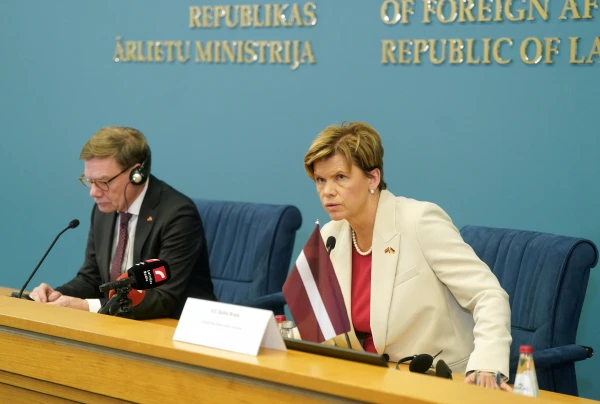

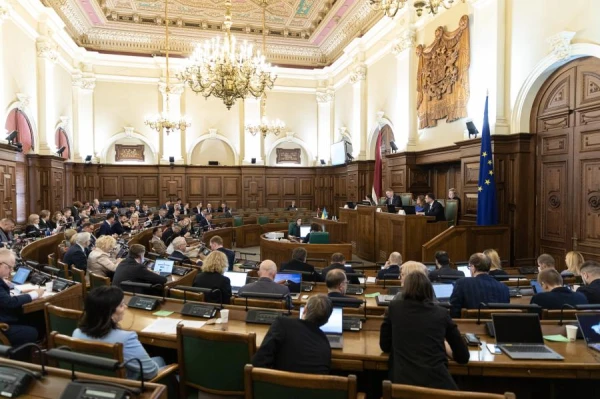
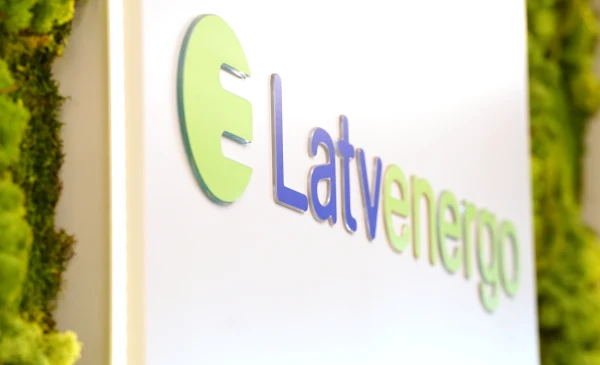

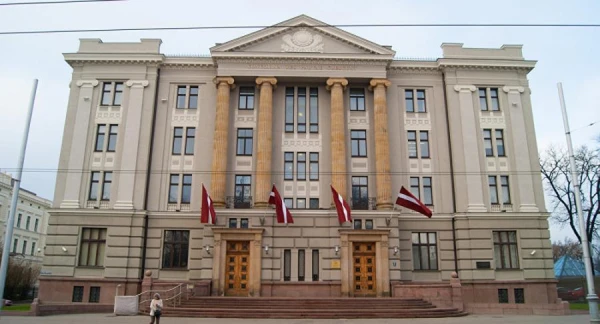

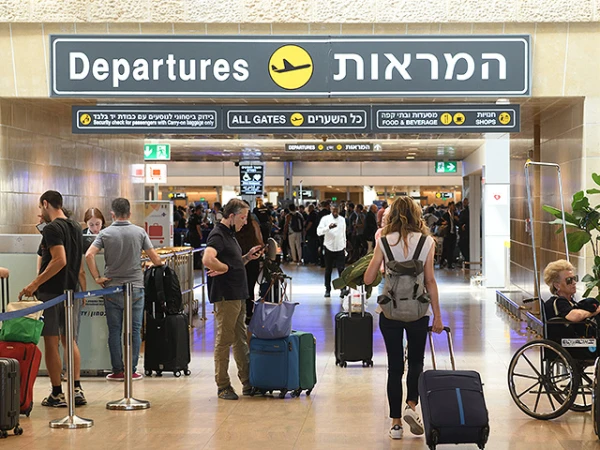



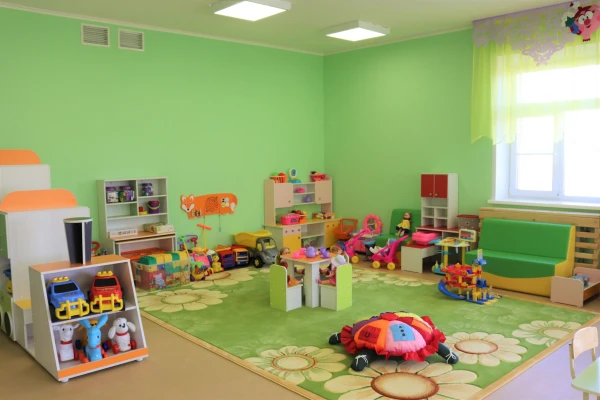
Leave a comment